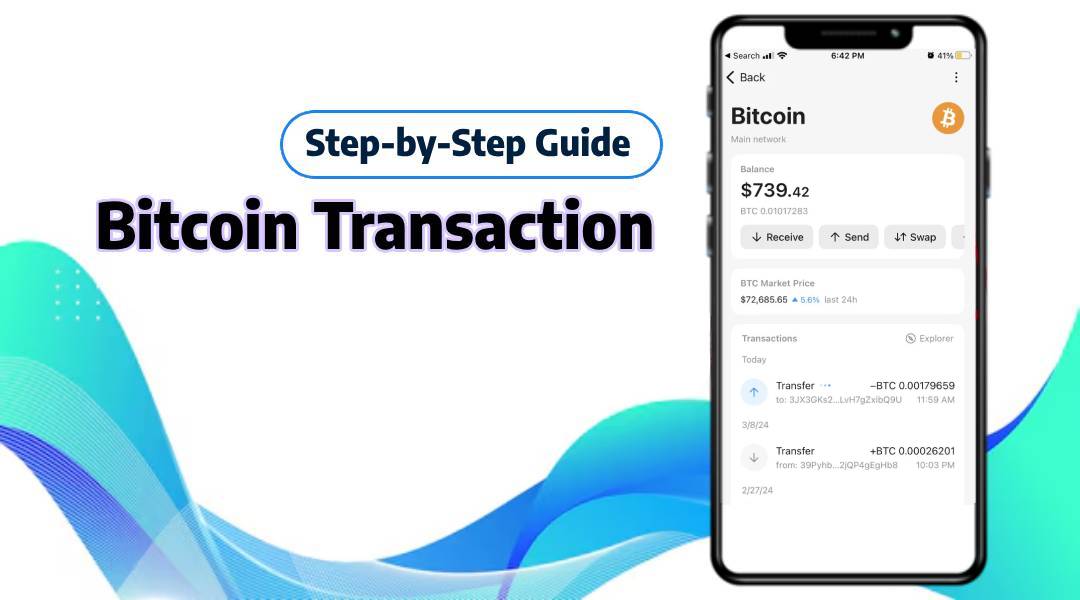
Bitcoin has revolutionized the financial landscape, enabling quick, secure, and decentralized transactions. However, one of the common questions among users is: How long does it take to confirm a Bitcoin transaction? Understanding the timeline and the factors that affect confirmation time is crucial for effectively using Bitcoin.
For more information like this or Bitcoin customer service, contact us
Also Read:
- How to Buy Crypto with Gift Card
- Why Is My Bitcoin Transaction Pending?
What Is a Bitcoin Transaction Confirmation?
When you send Bitcoin, the transaction is broadcasted to the Bitcoin network, where it awaits verification by miners. A confirmation means that the transaction has been added to the blockchain—a decentralized ledger that records all Bitcoin transactions. Most wallets and services consider a transaction fully confirmed after six confirmations.
Average Bitcoin Confirmation Time
The average confirmation time for a Bitcoin transaction is around 10 minutes per block. This time can vary due to several factors, including network congestion, transaction fees, and the time it takes miners to process transactions.
Factors Affecting Bitcoin Confirmation Time
1. Network Congestion
- When the Bitcoin network is highly active, the transaction queue increases, leading to delays. Transactions with higher fees are prioritized during such times.
2. Transaction Fees
- Miners prioritize transactions with higher fees. If you attach a low fee to your transaction, it may take longer to confirm, especially during periods of high activity.
3. Block Size
- Each Bitcoin block can only hold up to 1 MB of transaction data. If the block is full, your transaction may need to wait for the next block.
4. Number of Confirmations Required
- Some services require more confirmations for security purposes. For instance, exchanges often need at least three to six confirmations before crediting funds to your account.
How to Speed Up Bitcoin Transaction Confirmations
If you’re facing delays, here are some tips to ensure faster confirmation:
1. Increase Transaction Fees
Use a higher transaction fee to incentivize miners to process your transaction. Most wallets offer a recommended fee based on current network conditions.
2. Use a Wallet with Replace-By-Fee (RBF)
RBF allows you to replace an unconfirmed transaction with a new one that includes a higher fee.
3. Opt for a Transaction Accelerator
Transaction accelerators are services provided by mining pools to prioritize your transaction for a fee.
4. Choose the Optimal Time for Transactions
Sending transactions during off-peak hours can result in quicker confirmations due to reduced network congestion.
When to Worry About Delayed Transactions
If your transaction remains unconfirmed for an extended period (e.g., over 24 hours), it may eventually drop from the network and return to your wallet. To avoid this, ensure you include an adequate fee based on the network’s activity at the time.
Conclusion
The time it takes to confirm a Bitcoin transaction depends on multiple factors, including the network’s activity and the transaction fee you set. While the average time is about 10 minutes, it can vary significantly. By understanding these factors and following best practices, you can ensure that your Bitcoin transactions are confirmed as quickly as possible.